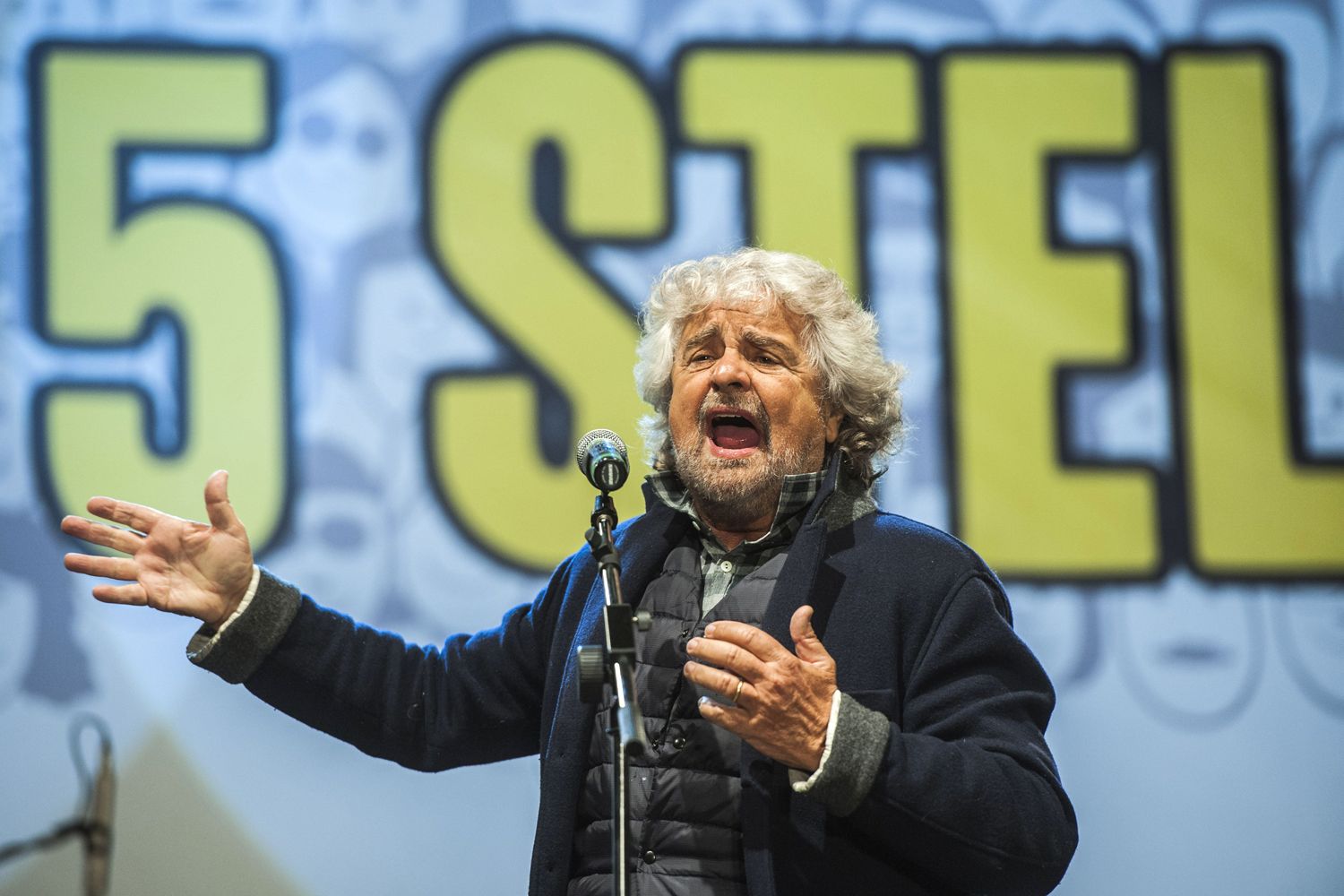The Evening Standard reviews the new book Radicals whose opening chapter is about transhumanism and my 2016 presidential campaign:
With the apparent collapse of Ukip and the defeat of Marine Le Pen, perhaps those of us fretting about the decline of liberal democracy may breathe easier. Still, many established Western parties remain in decline. And we have yet to deal with the consequences of the “populist” spasms that gave us Brexit and the absurd President Trump. This is the climate that impels Jamie Bartlett, of think tank Demos, to examine some of the new “radicals”.
Radicalism is important, he believes, because it is a source of new ideas: even if liberal democracy is forced to argue with racists or anti-democratic radicals, that should help make it stronger.
He is inevitably selective in his choice of seven different figures or movements, plus the anti-radicalisation work of the Prevent programme: there is an uneasy bracketing of political radicals and wacky futurists.
Thus in the latter group we meet US transhumanist presidential candidate Zoltan Istvan, leader of assorted “biohackers” attempting to merge humans and machines. Bartlett spends time with the Psychedelic Society, organising supervised psilocybin trips; with the German Tamera commune in Portugal, practising free love; and with the scarcely less loopy Vit Jedlicka, founder of a putative libertarian state on the Serbian/Croatian border.

Radicalism is the beliefs or actions of people who advocate thorough or complete political or social reform. Economic conditions improved after 1821 and the United Kingdom government made economic and criminal law improvements, abandoning policies of repression.